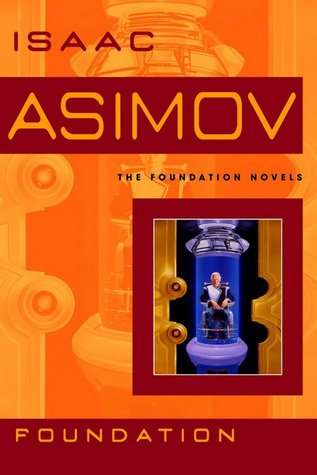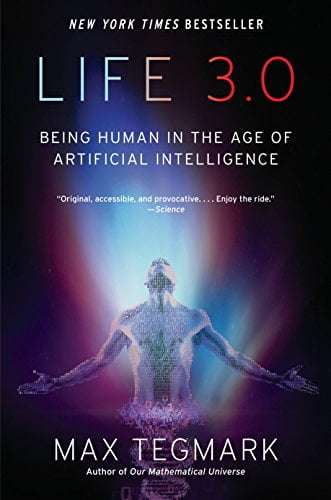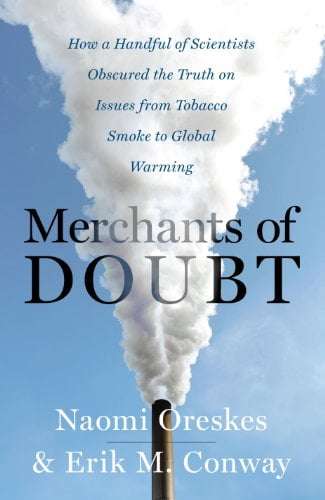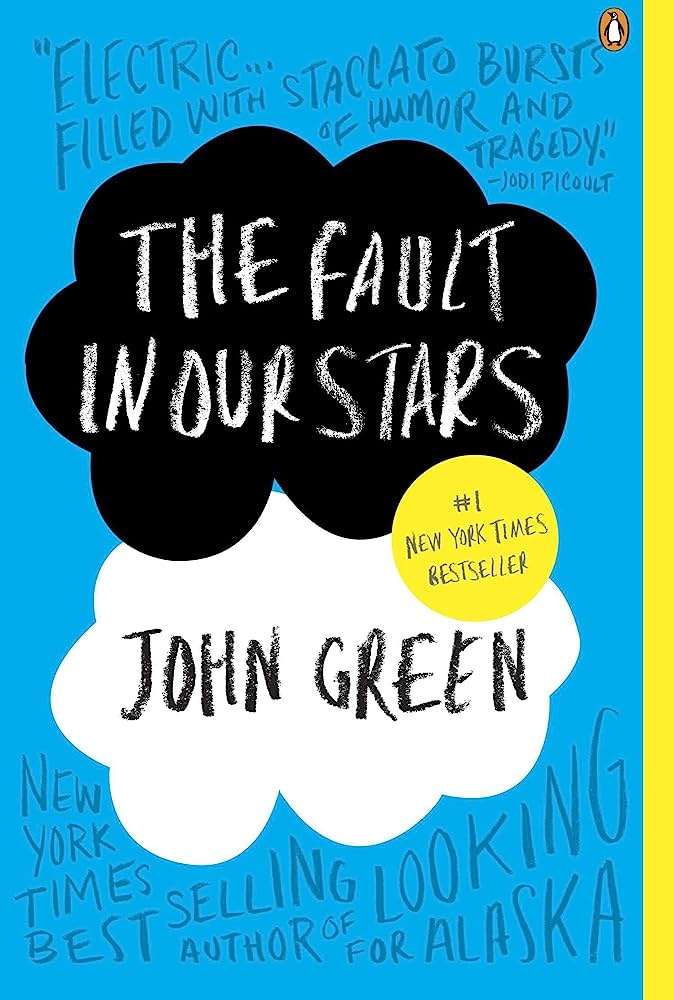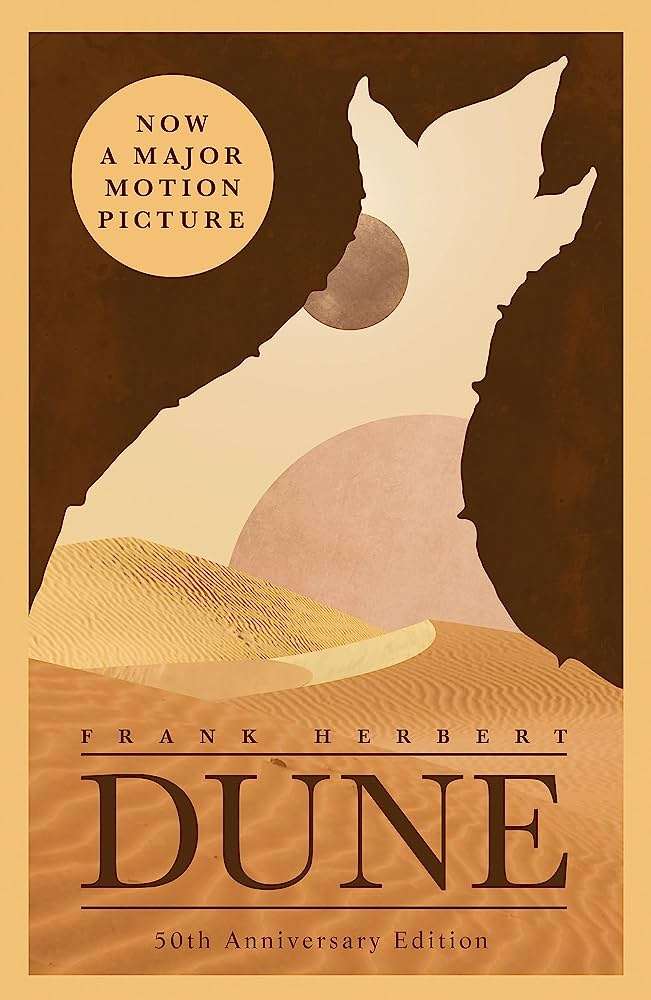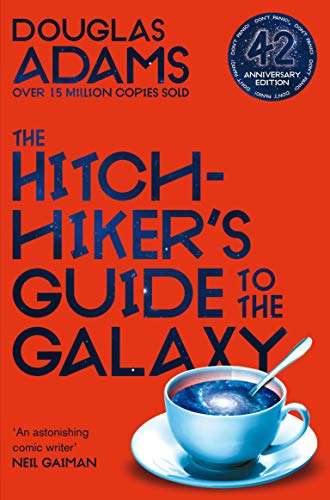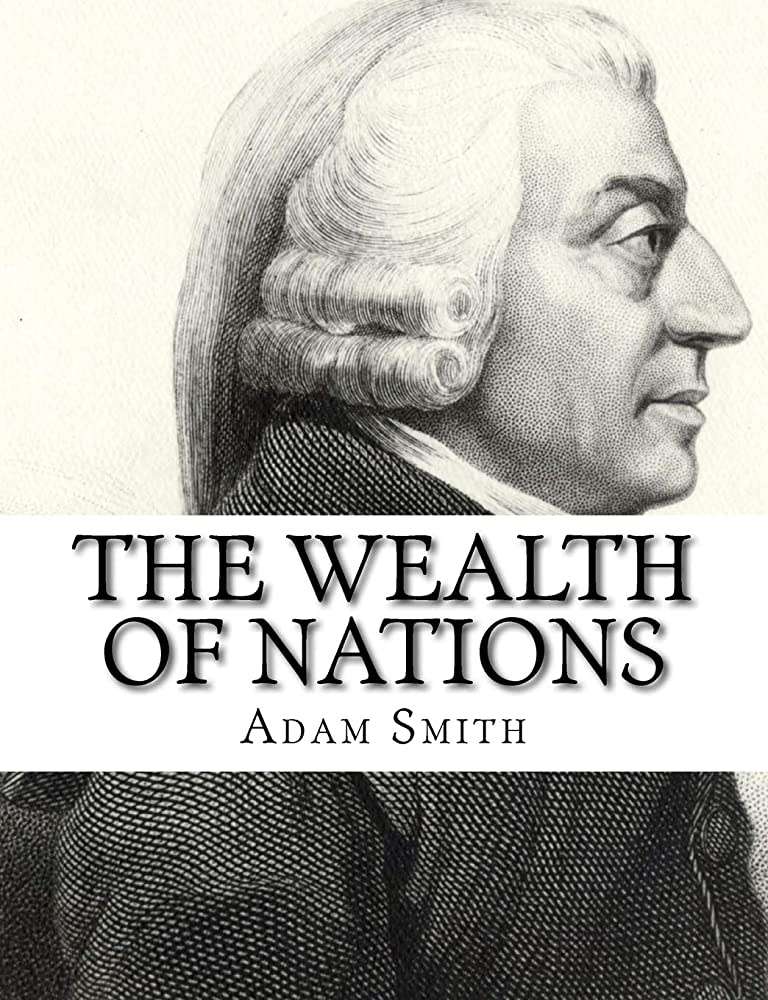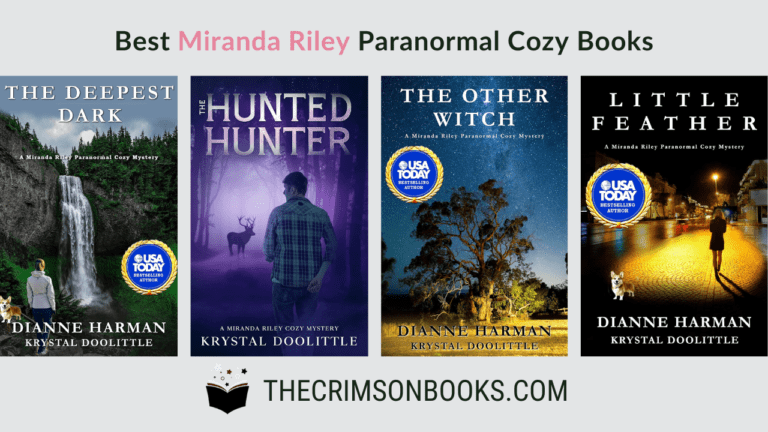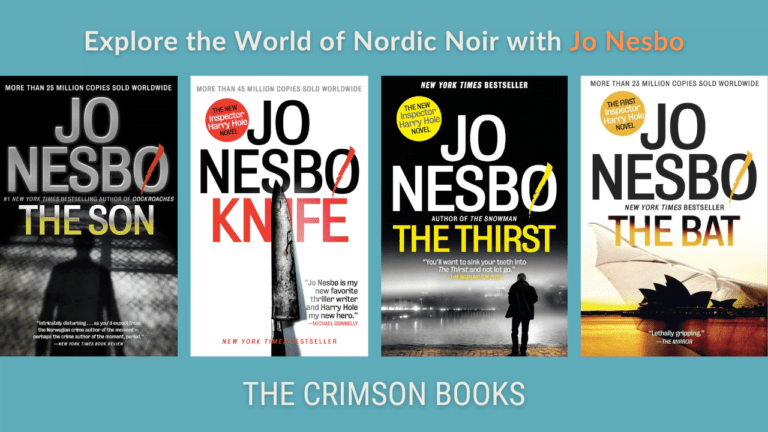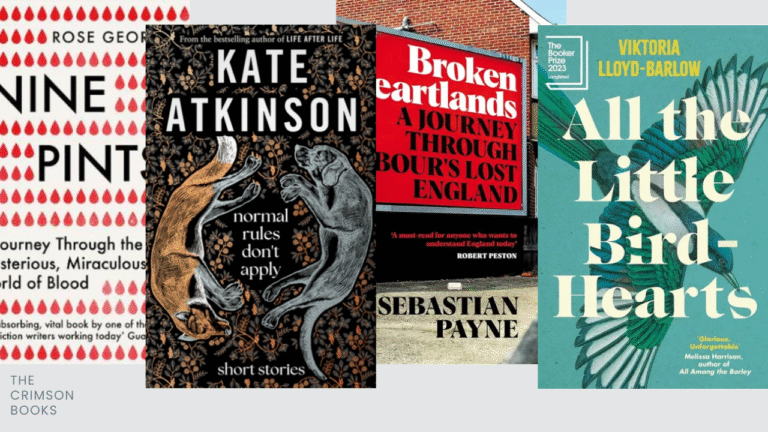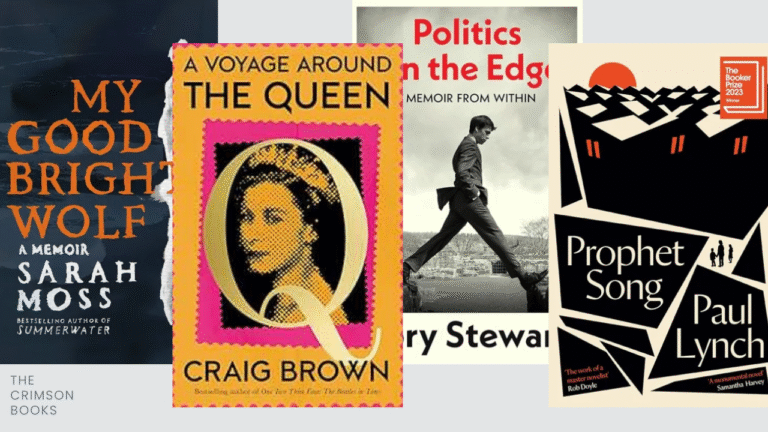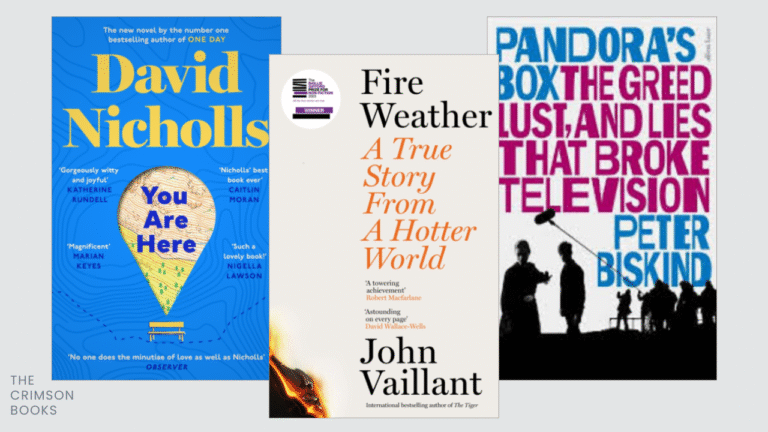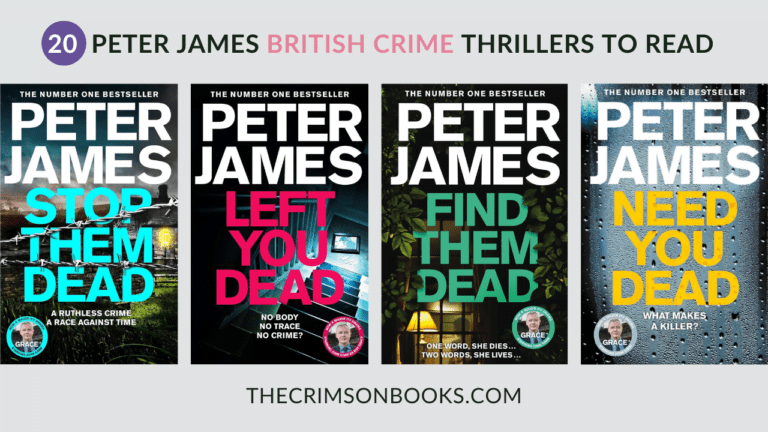10 Books Elon Musk Recommends for Success
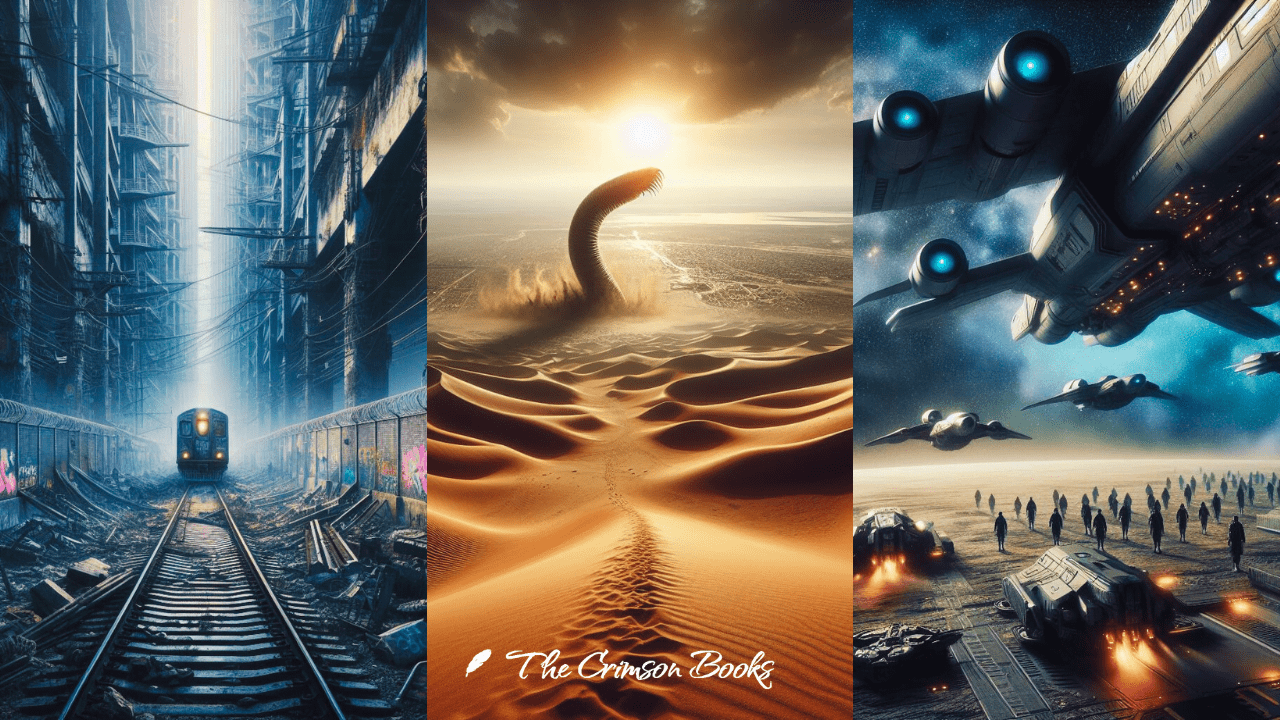
In this article, we are going to discuss books Elon Musk recommends on Twitter for everyone to read.
Let’s delve into the fascinating world of Elon Musk, the brilliant mind behind some of today’s most innovative businesses, and the unconventional entrepreneur he is. Did you know that Elon Musk, who is well-known for his enormous drive and brilliant ideas, also has a hidden fondness for literature?
True enough. Behind the scenes at SpaceX, Tesla, Neuralink, and The Boring Company is an avid reader who is confident in the transformative potential of education.
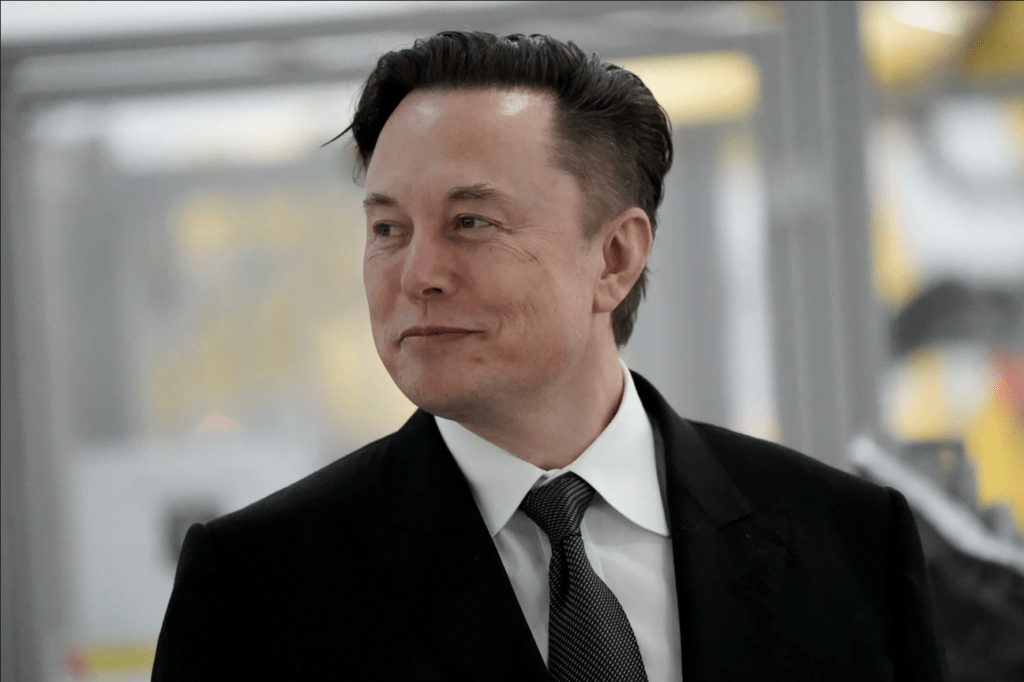
It’s nice to know that in this age of 140-character tweets and soundbites, even a visionary like Elon Musk can find peace and inspiration in the written word. His varied interests and unquenchable curiosity are reflected in his wide-ranging reading preferences, which range from science fiction classics to biographies and textbooks.
Musk’s passion for books is more than a hobby; it’s a source of inspiration for his innovative business strategies.
Musk credits science fiction as a major inspiration for his ideas. He became engrossed in the works of Isaac Asimov, Robert Heinlein, and Arthur C. Clarke as a young lad in South Africa. Musk was inspired to make science fiction become reality after reading stories about space travel, AI, and parallel universes.
In reality, the goal of making humans an interplanetary species was anchored in the pages of his favorite science fiction novels, and this aspiration served as the inspiration for SpaceX’s founding objective.
The science fiction genre isn’t the only thing Musk reads, though. He recognizes the importance of considering alternative points of view and avidly reads books that do so. He has learned a lot from biographies of famous people like Benjamin Franklin and Albert Einstein about their methods of thinking, work ethics, and ability to solve problems.
By reading about their lives, he is able to internalize the essence of their brilliance and incorporate it into his own endeavors.
Musk isn’t content to sit on his expertise laurels and thinks everyone should contribute to furthering human knowledge. The Tesla reading list, a compilation of literature he thought were crucial for anyone thinking about humanity’s future, was released under his name in 2015.
The varied topics on this list vary from economics and history to AI and renewable energy. Musk’s goal in compiling and recommending these works is to encourage readers to believe in the potential of ideas and to take action in pursuit of their own life-changing goals.
1. Foundation by Isaac Asimov
Isaac Asimov’s Foundation novels are widely considered to be among the most seminal works in the genre, lauded for their groundbreaking combination of breathless action, innovative concepts, and detailed worldbuilding.
Asimov’s novel Foundation is both a reflection on the best and worst of humanity and an exploration of how even a small group of brave individuals may make a difference in the vastness of space and time.
The Galactic Empire has been at the top of the food chain for a good 12,000 years. There’s no hope now; it’s dying.
A dark age of ignorance, barbarism, and violence lasting thirty thousand years is what only Hari Seldon, founder of the new science of psychohistory, can foresee.
Seldon gets together the most brilliant scientists and academics in the Empire and relocates them to a desolate planet at the edge of the galaxy to act as a beacon of hope for the survival of humanity and the preservation of knowledge.
His safe haven is known to him as the Foundation.
Foundation by Isaac Asimov is available on Amazon
Foundation Series & Zeroth Law are fundamental to creation of SpaceX
— Elon Musk (@elonmusk) June 15, 2018
2. Life 3.0 by Max Tegmark
How will AI change things like crime, war, justice, the economy, society, and even what it means to be human?
Max Tegmark, an MIT professor who has contributed to mainstream research on how to keep AI helpful, is uniquely qualified and positioned to investigate the future implications of AI’s ascent.
How can we increase our well-being through automation without leaving people without jobs or meaning in life? When talking to today’s youth about their future, what advice do you think they should hear? To avoid failure, malfunction, or hacking, how can we make future AI systems more stable?
Should we worry about a race to develop increasingly dangerous autonomous weapons? Will machines someday surpass human intelligence and replace us in the workforce and beyond? Is AI going to give us more power than we know what to do with, or will it make life better than ever before?
Where do you see yourself in the future, if at all? To participate in what could be the most vital dialogue of our time, pick up this book. Superintelligence, purpose, awareness, and the ultimate physical boundaries of life in the cosmos are just some of the contentious topics that aren’t avoided.
Life 3.0 by Max Tegmark is available on Amazon.
Worth reading Life 3.0 by @Tegmark. AI will be the best or worst thing ever for humanity, so let’s get it right.https://t.co/lT0uMH3ujZ
— Elon Musk (@elonmusk) August 29, 2017
3. Merchants of Doubt by Naomi Oreskes
U.S. scientists have long been at the forefront of investigating problems related to public health, environmental science, and general quality of life. Our research on the hazards of substances like DDT, cigarettes, air pollution, and climate change have all been considered groundbreaking.
However, a sizable minority of this population actively promotes the myth that these threats do not exist.
Over the course of four decades, Merchants of Doubt chronicles the efforts of a loosely knit organization of prominent scientists and scientific consultants with extensive political and corporate connections to mislead the public and dispute widely accepted scientific information.
Some of the same experts who have asserted that the science of global warming is “not settled” have also rejected the reality of research relating smoking and lung cancer, coal smoke and acid rain, and CFCs and the ozone hole.
One cigarette company boss explained that “doubt is our product” in a letter to employees. These so-called “experts” provided it.
Historians of science Naomi Oreskes and Erik M. Conway lift the curtain on this seedy underbelly of the American scientific community, revealing how ideology and corporate interests, backed by a too-compliant media, have distorted public perception of some of the most serious challenges of our day.
Merchants of Doubt by Naomi Oreskes is available on Amazon.
Worth reading Merchants of Doubt. Same who tried to deny smoking deaths r denying climate change http://t.co/C6H8HrzS8X
— Elon Musk (@elonmusk) May 25, 2013
4. Fault in Our Stars by John Green
A frail sixteen-year-old girl named “Hazel Lancaster” with terminal lung cancer is the protagonist of this novel. Cancer makes an already difficult life even more so. She is fighting a terrible illness alone until one day she meets “Augustus Waters,” a young man with a similar fate.
Life can take a sudden and unexpected turn for the better or for the worse at any time, including the final days before death.
It can be risky to read from the heart, but that’s the only way I know how. I swear this book literally made me sick and I felt like I was dying within.
There is an incalculable amount of suffering here, an agonizing amount of suffering, yet the rare but unforgettable moments of magic contained here make it all worth it.
A heartbreaking tale that will make you cry time and time again. Profoundly emotional, with rare bursts of uplifting inspiration and humor. In a word, stunning. A wealth of memorable sayings and events.
Strongly suggested. A masterwork for young adults.
Fault in our Stars by John Green is available on Amazon.
@johngreen @hankgreen You had me at Sheen or Gaddafi. Must admit to liking "The Fault in Our Stars" too. Sad, romantic and beautifully named
— Elon Musk (@elonmusk) April 6, 2015
5. Dune by Frank Herbert
Dune follows young Paul Atreides as he assumes leadership of his noble family and the desert planet Arrakis, where the only valuable commodity is the “spice” melange, which may both increase a person’s lifespan and improve their state of mind. Melange is a reward so desirable that people are willing to risk their lives to obtain it.
The destruction of Paul’s family upon the betrayal of House Atreides will launch the young man on a path toward a destiny beyond his wildest dreams. And as he develops into the mysterious Muad’Dib, humanity’s oldest and most improbable hope will come true.
Herbert is incredibly productive. Parallel to the complex and thrilling plot are themes of religion, politics, the shifting nature of power, the legacy of colonialism, and humanity’s reckless devastation of the natural world. He demonstrates how crucial myths and religion are to maintaining authority across time. The nakedness of man as a political animal is revealed.
Herbert’s Muad’Dib religion is heavily influenced by Islamic thought. He explains the Islamic political philosophy by saying, “When religion and politics ride in the same cart and that cart is driven by a living Holy man, nothing can stand in the path of such a people.” A brief explanation of Islamism.
The oil contains the much-desired spice. The cunning Baron Vladmir Harkonnen epitomizes the Russian people. Fremen, the desert foxes, are a symbol of the indigenous Bedouin people of Saudi Arabia. The Bedouin have a deeply tribal culture and place a high emphasis on water. The ecology, of course, suffers the most.
It’s the kind of book that makes you long to be in the privileged company of the aristocratic Fremen, dreaming of the bleakness of Arrakis and wishing you could brave it with them. Frank Herbert reaches the summit of what any science fiction writer should strive for: the creation of a believable and compelling world.
Dune by Frank Herbert is available on Amazon.
Dune series by Herbert also brilliant. He advocates placing limits on machine intelligence.
— Elon Musk (@elonmusk) December 8, 2014
6. The Hitchhiker’s Guide to the Galaxy by Douglas Adams
For Arthur Dent, it’s just another Thursday morning… until the bulldozers arrive and demolish his home. Shortly after Arthur’s best buddy reveals himself to be an extraterrestrial, the Earth is destroyed to make room for a new hyperspace fast route.
Things are going to become a lot worse after that.
In the companionship of a group of unreliable aliens, Arthur must make his way through a highly hostile cosmos with just a towel, a small yellow fish, and a book. Thankfully, the fish has a solid grasp of multiple tongues. And that book is The Hitchhiker’s Guide to the Galaxy, on the front cover of which are the reassuring words “DON’T PANIC.”
Douglas Adams’ best-selling cultural classic throws logic out the window, messes with time and physics, provides witty observations on everyday objects like ballpoint pens, potted plants, and digital watches, and, most importantly, reveals the answer to life, the universe, and everything.
The question is, of course, how to answer it.
The Hitchhiker’s Guide to the Galaxy is available on Amazon.
@Recode I love Douglas Adams! My favorite spaceship ever is in HHGTTG.
— Elon Musk (@elonmusk) June 5, 2016
7. Atlas Shrugged by Ayn Rand
Atlas Shrugged, Ayn Rand’s magnum opus, is a philosophical revolution told in the guise of an action thriller. It was nominated as one of America’s best-loved novels by PBS’s The Great American Read and features characters as enormous as life.
Who exactly is this John Galt character? Does he mean to kill the planet by saying he would turn off its engine, or does he mean to liberate it? Why does he have to pick fights with the people who need him the most instead of his enemies? He seems to be pitting himself against the one he loves.
When you learn the backstory of the mysterious occurrences that disrupt the lives of these extraordinary people, you’ll have your answers. You will learn why a once-prolific genius turned into a pathetic playboy, how a once-powerful steel industrialist plotted his own demise, how a composer quit on the eve of his greatest success, and how the beautiful woman in charge of a transcontinental railroad fell in love with the man she had sworn to kill.
The spectacle of human grandeur, as presented in Atlas Shrugged with all the poetry and power of one of the twentieth century’s premier painters, is on display for the reader of this modern classic and Rand’s most complete articulation of Objectivism, her breakthrough philosophy.
Atlas Shrugged by Ayn Rand is available on Amazon.
Very appealing if you’re a sophomore in college. It’s a counterpoint to communism and useful as such, but should be tempered with kindness.
— Elon Musk (@elonmusk) June 16, 2018
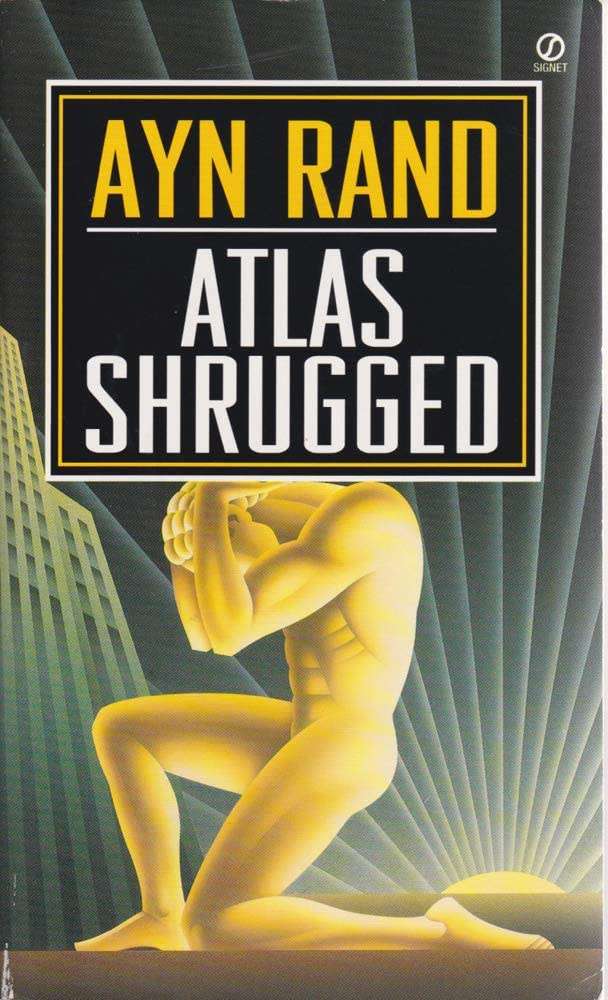
8. Lying by Sam Harris
The real world is just like the fictional worlds of Anna Karenina, Madame Bovary, and Othello. Lies are the fuel that keep most private vices and public evils burning.
A desire to lie is often the missing moral component in cases of adultery and other personal betrayals, financial fraud, government corruption, and even murder and genocide.
Best-selling author and neurologist Sam Harris argues in his book Lying that if we all just told the truth in situations where people normally lie, our lives would be dramatically easier and our society would be better.
The temptation to lie is greatest with “white” lies, or those told to avoid causing others distress. They are also the only kinds of lies that good people tell themselves while still thinking they are being good.
Lying by Sam Harris is available on Amazon.
Read "Lying", the new book by my friend Sam Harris. Excellent cover art and lots of good reasons not to lie!
— Elon Musk (@elonmusk) December 21, 2011
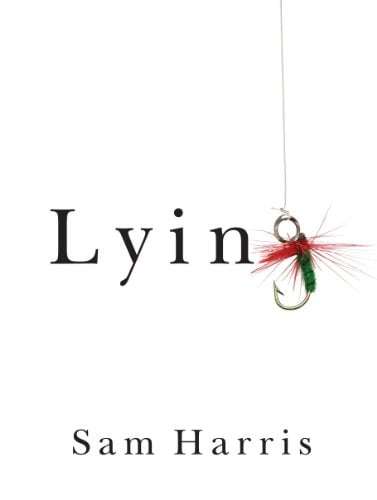
9. The Moon Is A Harsh Mistress by Robert Heinlein
The Moon Is a Harsh Mistress, widely considered one of Robert A. Heinlein’s finest works, is also a timeless classic and philosophical touchstone, having sprung from the golden period of science fiction.
The novel’s themes of humanity, technology, and free will are as relevant now as they were when it was first published, and it does so within the context of a revolution on a lunar penal colony aided by a self-aware supercomputer.
In 1966, the concept of an artificial intelligence was cutting edge in the science fiction market, and it plays a pivotal role in this narrative.
The warmth of Heinlein’s character and the skill with which he handled conversation and characterization shine through in every sentence. Although this author’s (born in the early 20th century) themes of sexuality, family, and inclusiveness may be seen by modern readers as sexist or racist, his beliefs were socially progressive for his time.
His discussion on open marriages, polyamory, and line marriages, in which spouses can voluntarily join or leave the union, was fascinating. Line marriages have been documented to last for hundreds of years.
The Moon is a Harsh Mistress is available on Amazon.
Ignition by John Clarke, Huzel & Wang book on propulsion, Asimov's Foundation, Heinlein's MiaHM @WHester #APSpaceChat
— Elon Musk (@elonmusk) May 3, 2012
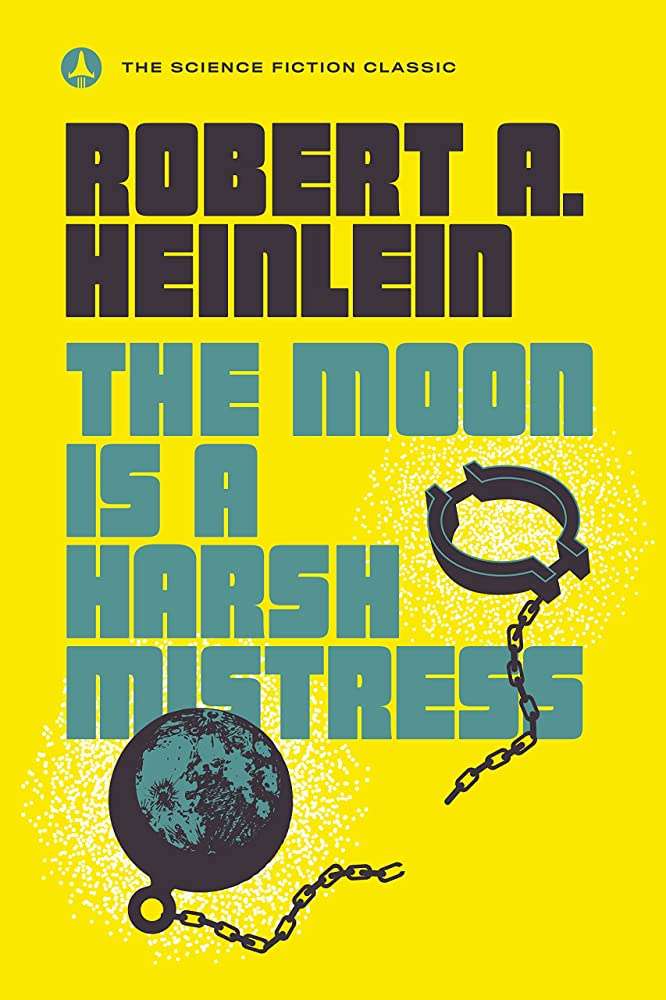
10. The Wealth of Nations by Adam Smith
On March 9, 1776, during the height of the Scottish Enlightenment and the Scottish Agricultural Revolution, Adam Smith published The Wealth of Nations. Numerous writers and economists, not to mention governments and institutions, were affected by it.
In his Report on Manufactures, in which he argued against many of Smith’s principles, Alexander Hamilton drew in part on Smith’s The Wealth of Nations.
Coincidentally, Smith’s The Wealth of Nations was partly a rebuttal to the ideas of Jean-Baptiste Colbert, on whose work Hamilton relied heavily for inspiration in writing this report.
Jean-Baptiste Say, David Ricardo, Thomas Malthus, and even Ludwig von Mises looked to the book as inspiration for their own writing. In his verse poem Eugene Onegin, published in 1833, Russian national poet Aleksandr Pushkin makes reference to Adam Smith’s The Wealth of Nations.
The Wealth of Nations is available on Amazon.
Read Das Kapital when I was 14, incl cross-checking English translation of original German. Adam Smith FTW obv. Ironically, future automation will naturally lead to greater equality of consumption. Monopolies are true enemy of people. Competing to serve is good.
— Elon Musk (@elonmusk) June 16, 2018
Disclaimer: This blog post may contain affiliate links. If you click on these links and make a purchase, The Crimson Books may earn a small commission at no additional cost to you.
About the Author
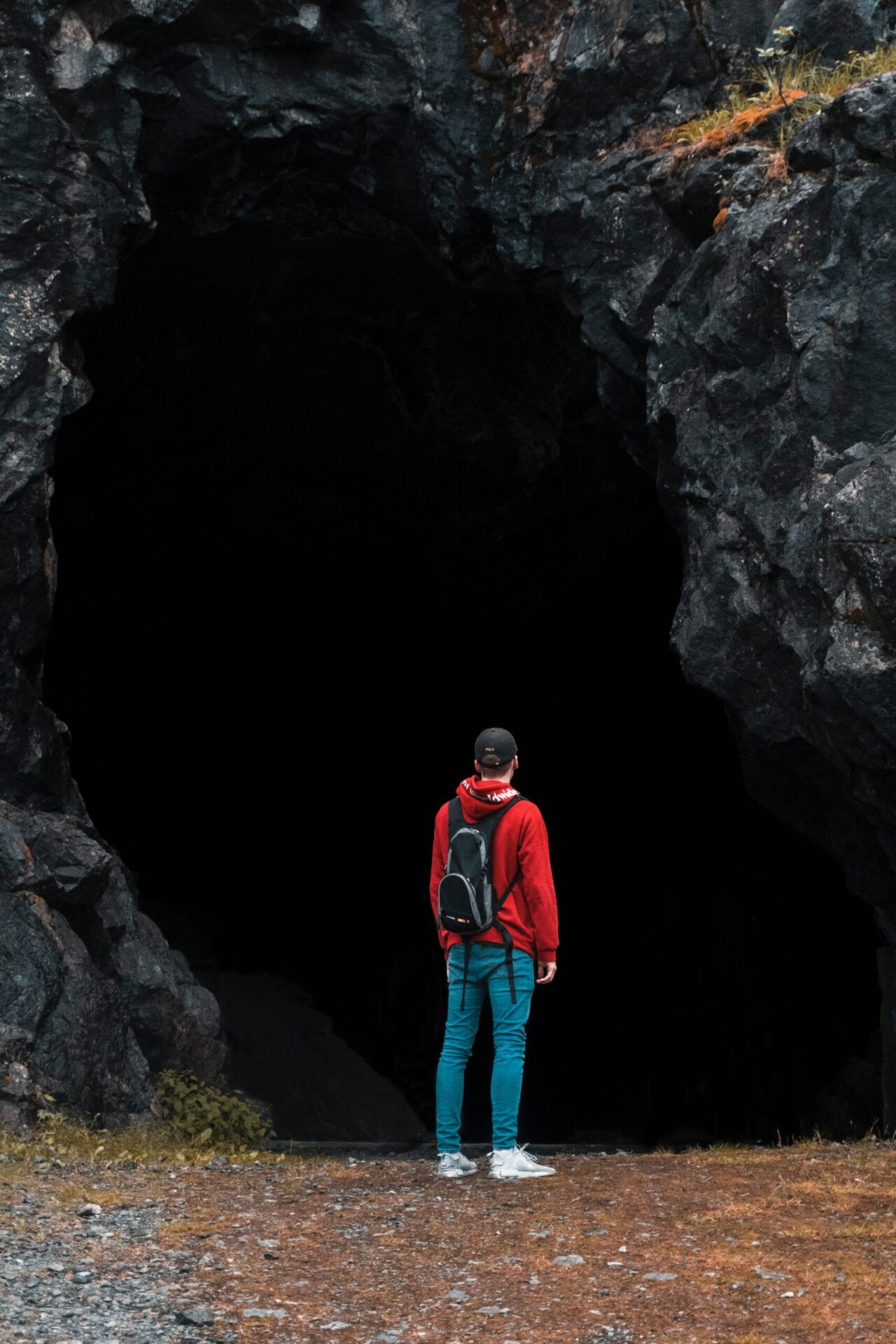
Benjamin Hughes is a literary enthusiast with a lifelong passion for books. He has an extensive knowledge of classic literature and a profound interest in exploring the depths of philosophical and existential themes.
With his articulate writing style, he guides readers through complex narratives and leaves them with a deeper understanding and appreciation for the written word.

